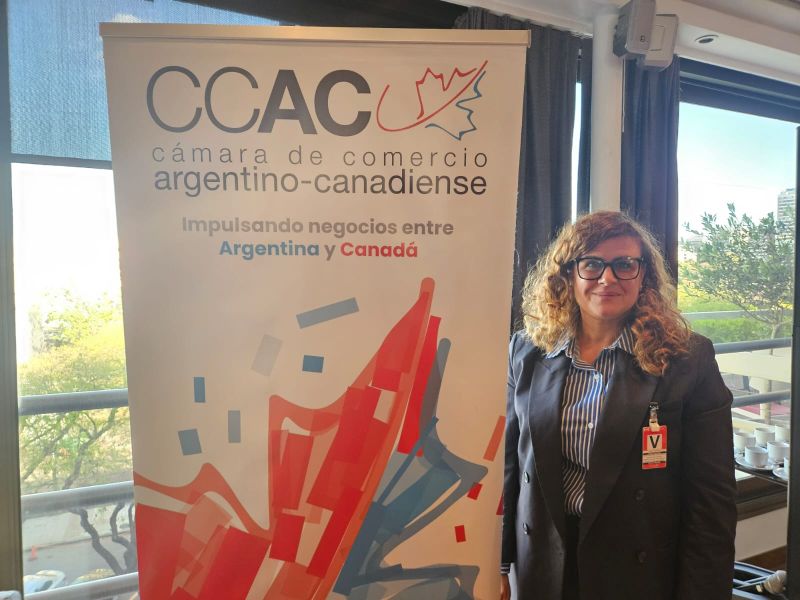
Project Profile
PROJECT UPDATE
Project Overview
This initiative supported Argentina’s Ministry of Environment and Sustainable Development (MESD) in strengthening the country’s capacity to promote inclusive public participation in environmental and social assessments.
Project Profile
The Technical Assistance Partnership-Expert Deployment Mechanism (TAP-EDM) project, in collaboration with Canadian experts in environmental and social impact assessment, Mariel Palomeque, Andrea Daezli, and Vilma Gayoso-Haro, collaborated with Argentina’s Ministry of Environment and Sustainable Development (MESD). The project aimed to strengthen the country’s capacity to promote inclusive public participation in environmental and social assessments, aligning with international best practices. By applying Gender-Based Analysis Plus (GBA Plus) tools, the initiative sought to engage vulnerable and underrepresented groups, including women, Indigenous peoples, and local communities, in public consultations. Activities included reviewing existing legislation, building institutional capacity, and delivering tailored technical and training support.
Key Deliverables
- Capacity Support and Training
-
- Conducted a GAP Analysis of Argentina’s current public participation frameworks
- Participated in and observed an in-country public consultation session
- Delivered three targeted presentations to MESD and federal agency staff
- Technical Support and Knowledge Products
-
- Produced two versions of a GAP Analysis Report with detailed findings and recommendations
Project Outcomes and Lessons Learned
The project improved the Ministry’s capacity to conduct gender-responsive, inclusive, and accountable social impact assessments and to promote environmental governance and climate action that centers on public participation. A key lesson learned was the potential impact of leadership changes on project continuity. Maintaining open, consistent communication with institutional counterparts proved essential to minimizing disruptions and sustaining momentum during transitions.
Reach and Engagement
Direct Project Reach:
- 238 participants engaged through training sessions, consultations, and knowledge-sharing activities
Public Engagement (Canada):
- No data Available for Canadian Public Engagement
Public Engagement Activities:
- The Canadian Embassy in Buenos Aires highlighted this initiative and Andrea Daezli’s presentation via a LinkedIn post



